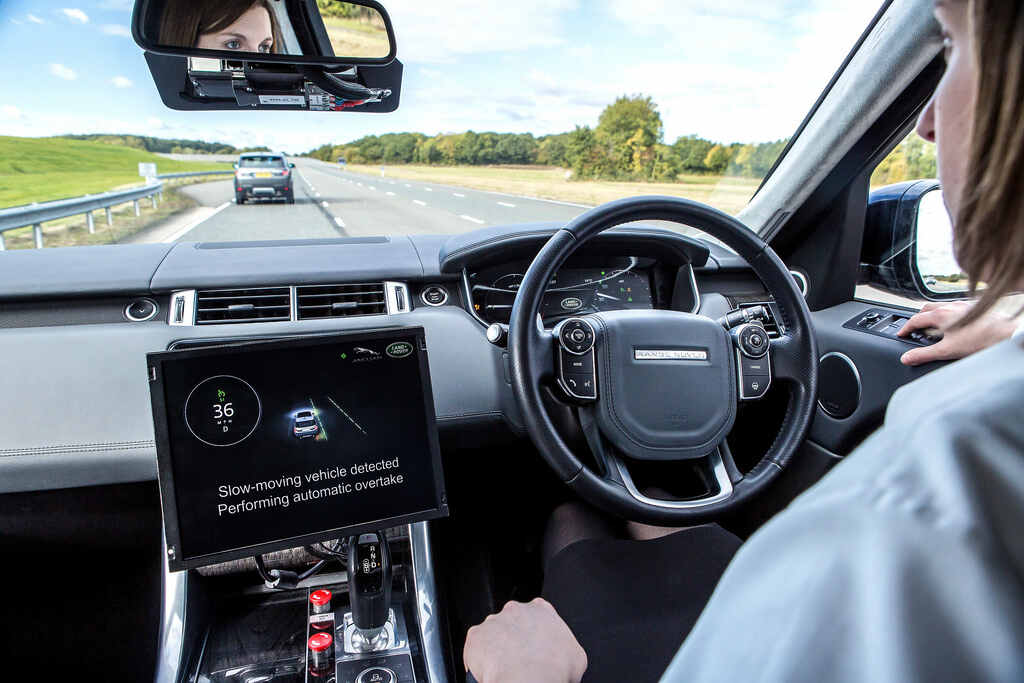What Britain’s New Law Spells for the Future of Connected Cars
In May this year, Britain added a new clause to its Highway Code, giving drivers the permission to legally park their cars using a mobile phone while inside the car or within six meters from it. British motorists can now use a smartphone app to park their cars remotely, a definitive step towards paving the way for self-driving and connected cars. Until now, drivers could attract a fine for using their phones while in the car. The new rules mean trying to fit the car into a tight space is going to be a thing of the past. Let’s read about Britain’s new law spells for the future of connected cars.
Britain’s move towards adopting connected cars
Cars fitted with ultrasonic sensors and automated software can undertake a number of tasks including parking by themselves without requiring a driver to navigate. Such tools are expected to make parking in tight spaces easier as software improves accuracy.
In the past, laws surrounding the use of emerging tech have been blurred (and still remain so in most countries). Drivers could be fined if they used parking assist features while still in the car. The new rule has made it legal for motorists to use a remote control device to park. Britain hopes to see fully self-driving cars on roads by 2021, with a number of automakers already carrying out tests.
Transport minister Jesse Norman has stated they will continue to review driving laws to allow the populace to enjoy the full range of benefits of automated technology. Britain’s authorities are evidently trying to make it easy to use new driving technologies with a view to building an industry that serves a global market worth around 900 billion pounds by 2025.
The future of connected cars
Already, advanced driver assistance systems are revolutionizing driving. The new law has clearly set a precedent for the world to at least start seriously considering a hi-tech future. There is no denying the fact that automation, connectivity, and remote parking will transform road safety and parking in general and urban mobility at large.
The law shows the developed nations’ determination to ensure regulations keep up with the tech such that all stakeholders benefit from the advances. With gradual advances in automation, the day won’t be far when our cars will be doing the parking and driving, making our lives simpler and safer.

